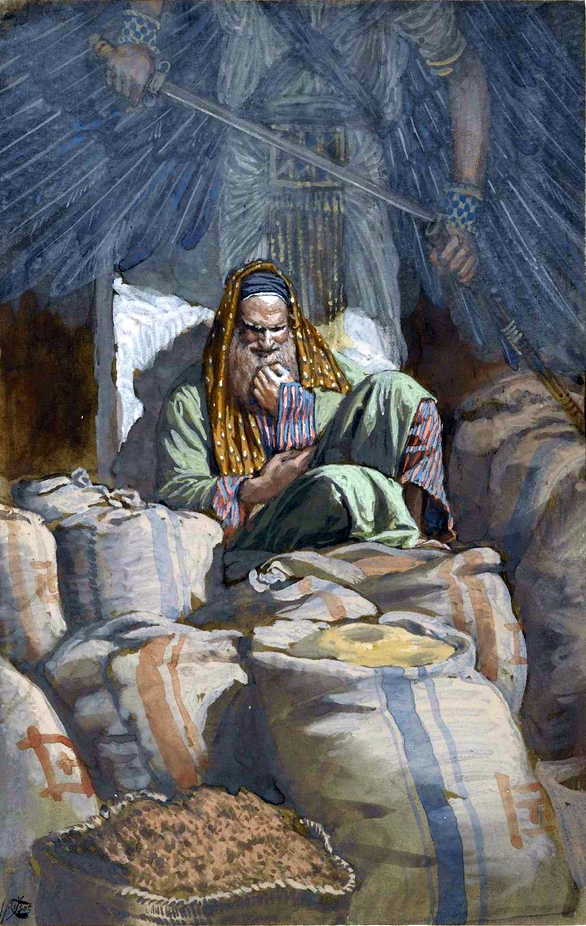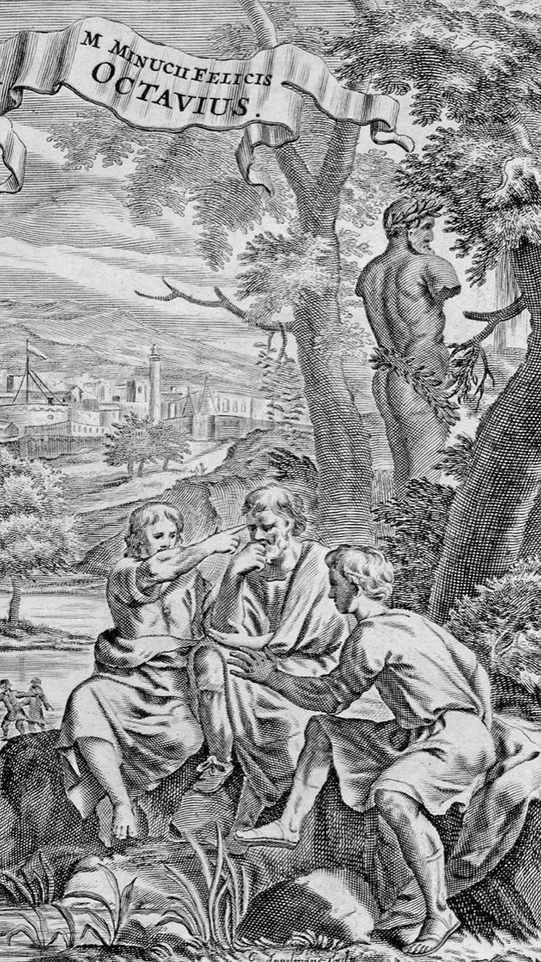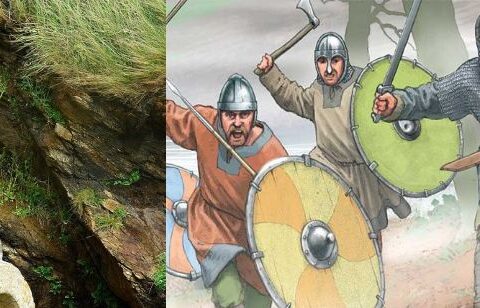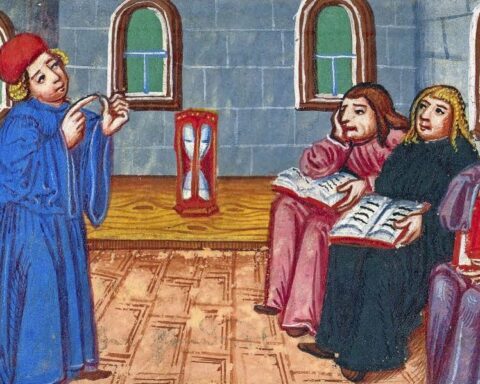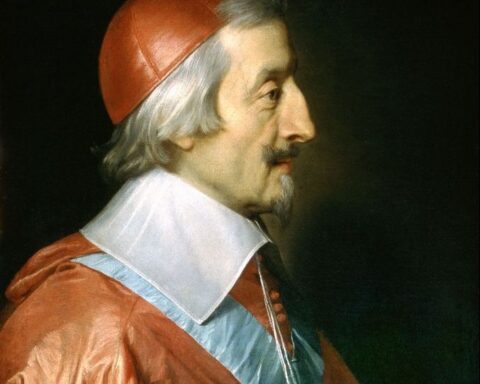Editor’s note: The following comprises the fifth chapter, first part (A10), of The Gospel of Luke: An Exposition, by Charles R. Erdman (published 1936). All spelling in the original.
10. A Warning Against Covetousness (12:13-21)
___________________________________________________
13 And one out of the multitude said unto Him, Teacher, bid my brother divide the inheritance with me. 14 But He said unto him, Man, who made me a judge or a divider over you? 15 And He said unto them, Take heed, and keep yourselves from all covetousness: for a man’s life consisteth not in the abundance of the things which he possesseth. 16 And He spake a parable unto them, saying, The ground of a certain rich man brought forth plentifully: 17 and he reasoned within himself, saying, What shall I do, because I have not where to bestow my fruits? 18 And he said, This will I do: I will pull down my barns, and build greater; and there will I bestow all my grain and my goods, 19 And I will say to my soul, Soul, thou hast much goods laid up for many years; take thine ease, eat, drink, be merry 20 But God said unto him, Thou foolish one, this night is thy soul required of thee; and the things which thou hast prepared, whose shall they be? 21 So is he that layeth up treasure for himself, and is not rich toward God.
___________________________________________________
The parable of the Rich Fool was related by our Lord to teach that riches neither form the real content nor assure the continuance of life, so that it is the sheerest folly to seek for gold while forgetting God.
A man had come to Jesus with the request, “Teacher, bid my brother divide the inheritance with me.” The reply implied that the Master regarded His work as spiritual, and that He was not willing to invade the sphere of civil law or to usurp the place of regularly appointed authorities, “Man, who made me a judge or a divider over you?”
Possibly this reply contains a message for the modern day and warns us against confusing the functions of the Church with those of the State. The sphere of the Church is spiritual, and its province is not to determine questions which are commercial and political. The Church, however, does provide and inculcate principles which are involved in all moral questions and which determine justice and right in every sphere of human life. Thus Jesus refused to “divide the inheritance,” but He pierced to the root of the request and saw that the man was neglecting the civil law and seeking the support of a religious teacher because he was moved by avarice; and it is this same “love of money” which lies at the root of most of the injustice and inequity and cruelty which burden the world today.
Therefore Jesus turned to the multitude with the warning: “Take heed, and keep yourselves from all covetousness: for a man’s life consisteth not in the abundance of the things which he possesseth.” To enforce His message Jesus told the story of the rich man who was heaping up goods for selfish enjoyment in future years, and who was suddenly confronted by the necessity which death brings of leaving to others all that he had amassed. His foolishness consisted in forgetting that fortune and life itself are dependent upon the will of God, and that a man really owns nothing but owes everything to God, and that the real value of life consists in the unselfish use of wealth and of opportunity according to the will of God. How his vain words, “my fruits,” “my barns,” “my grains,” “my goods,” “my soul,” are contrasted with the solemn message: “This night is thy soul required of thee.”
“So is he,” continued Jesus, “that layeth up treasure for himself, and is not rich toward God.” It is the sheerest folly to forget that riches neither form the real content nor assure the continuance of life; it is madness to heap up goods while neglecting God.

